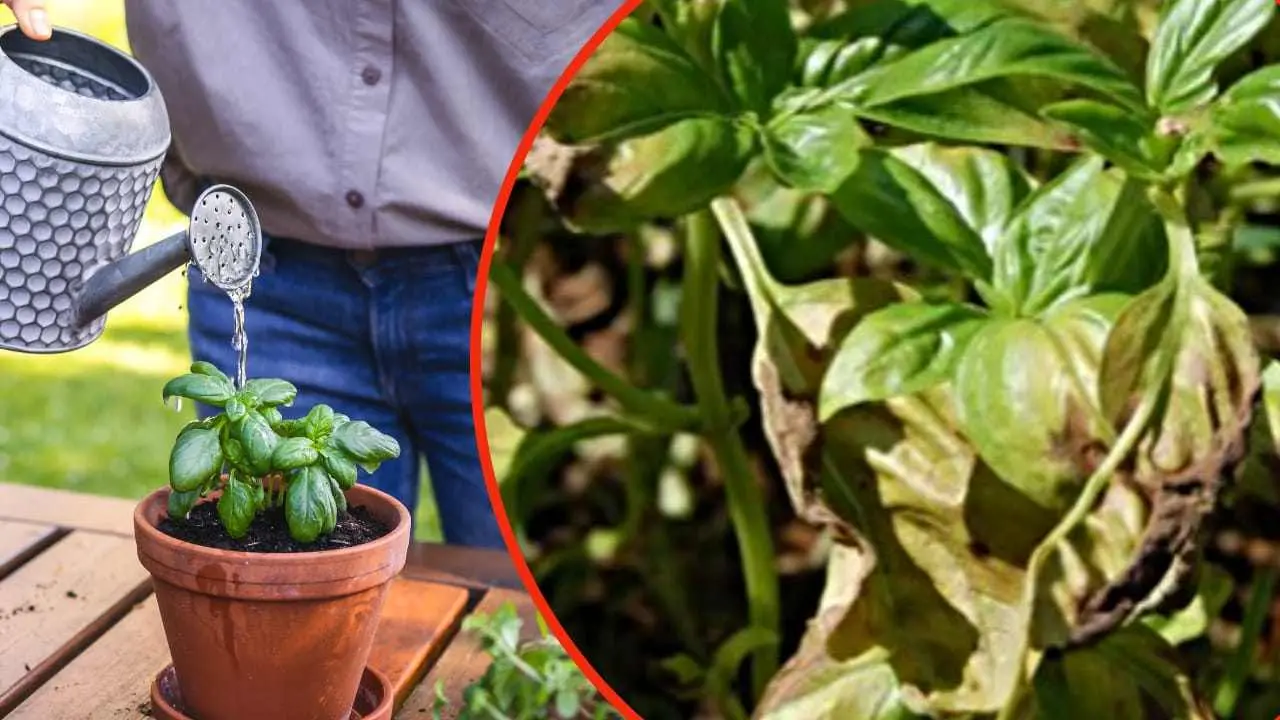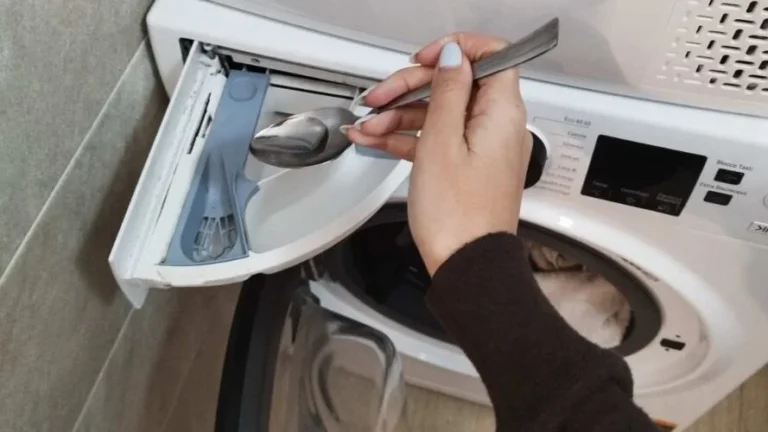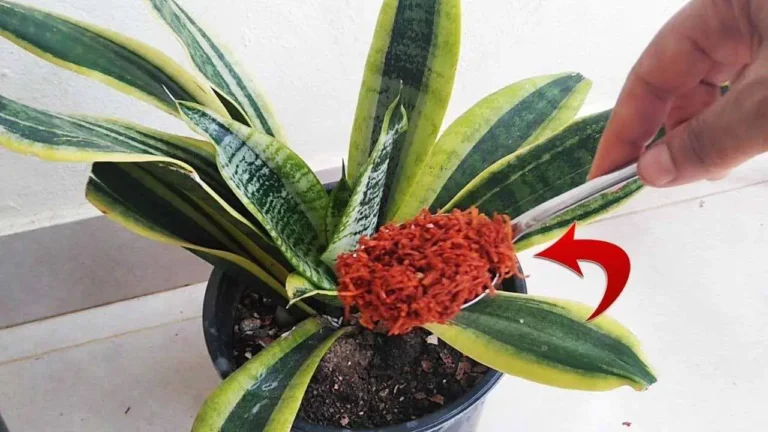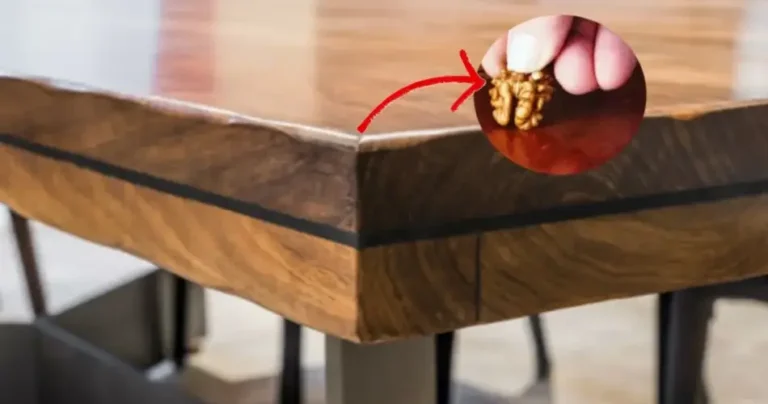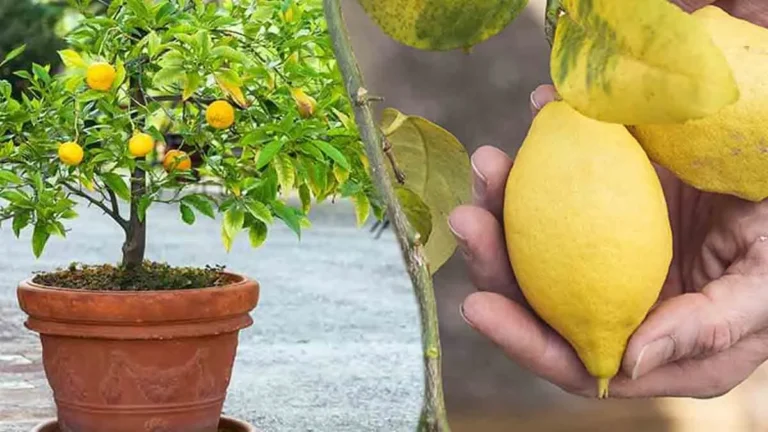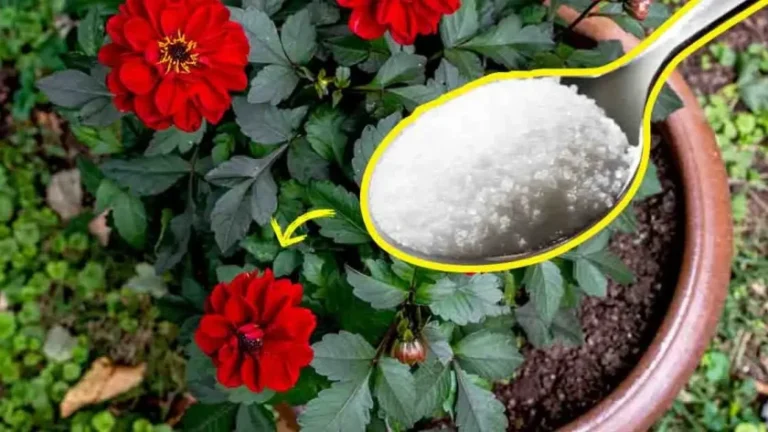BASIL, NEVER WATER IT THIS WAY: YOU WILL ROT IT IN 1 SECOND
Basil is one of the essential herbs to have on your windowsill. Let’s see when not to water it.Rotten basil – Nanopress.com.
Especially in summer, basil is the protagonist of fresh dishes thanks to its sweet and delicate aroma.
BASIL: THE AROMATIC PLANT PAR EXCELLENCE
Who wouldn’t love to have a basil plant on their windowsill? In fact, many people already have it, along with other herbs that they can readily use in cooking. It is impossible to think of tomato preserves without the typical basil leaf inside, or of margherita pizza. Basil is one of the aromatic plants inherent in Italian culinary culture.Basil – nanopress.com
So much so that we consume a lot of it , especially in summer, creating quick and, at the same time, tasty anti-sweat dishes, such as the inevitable salads. Growing basil is particularly simple. Not only that, having a basil plant on the windowsill or balcony will keep mosquitoes away. However, there are some precautions to take into consideration to always have a healthy and thriving plant.
When to water?
The basil plant must be placed in a ventilated place but not in full sun . The green leaves of the basil seedling are not always viable. It is not difficult for them to blacken or yellow, worse still they can rot, together with the entire plant. The longevity and health of the plant very often depend on watering.
When it is hot, the seedling needs a lot of water: about two waterings a day. To understand when the plant needs water, just touch the soil and see if it is dry or moist. In the first case, watering will be necessary.
Be careful, though. If the leaves begin to blacken or rot, the plant may have been overwatered and is dying. The solution is to expose the plant to the sun to dry it. Alternatively, you can use the mulching method, used in agriculture, by placing leaves or cork on the ground.Basil – nanopress.com
If, in your opinion, it is too late and the basil plant is already dying, then all you have to do is proceed with pruning, leaving only the nodes. New leaves can grow from these.
What if you have to go on holiday? If it lasts a few days, you can use a very economical method: that of turning bottles upside down . However, if you stay outside for longer, you can resort to drip irrigation methods which, in many cases, run on solar energy.
